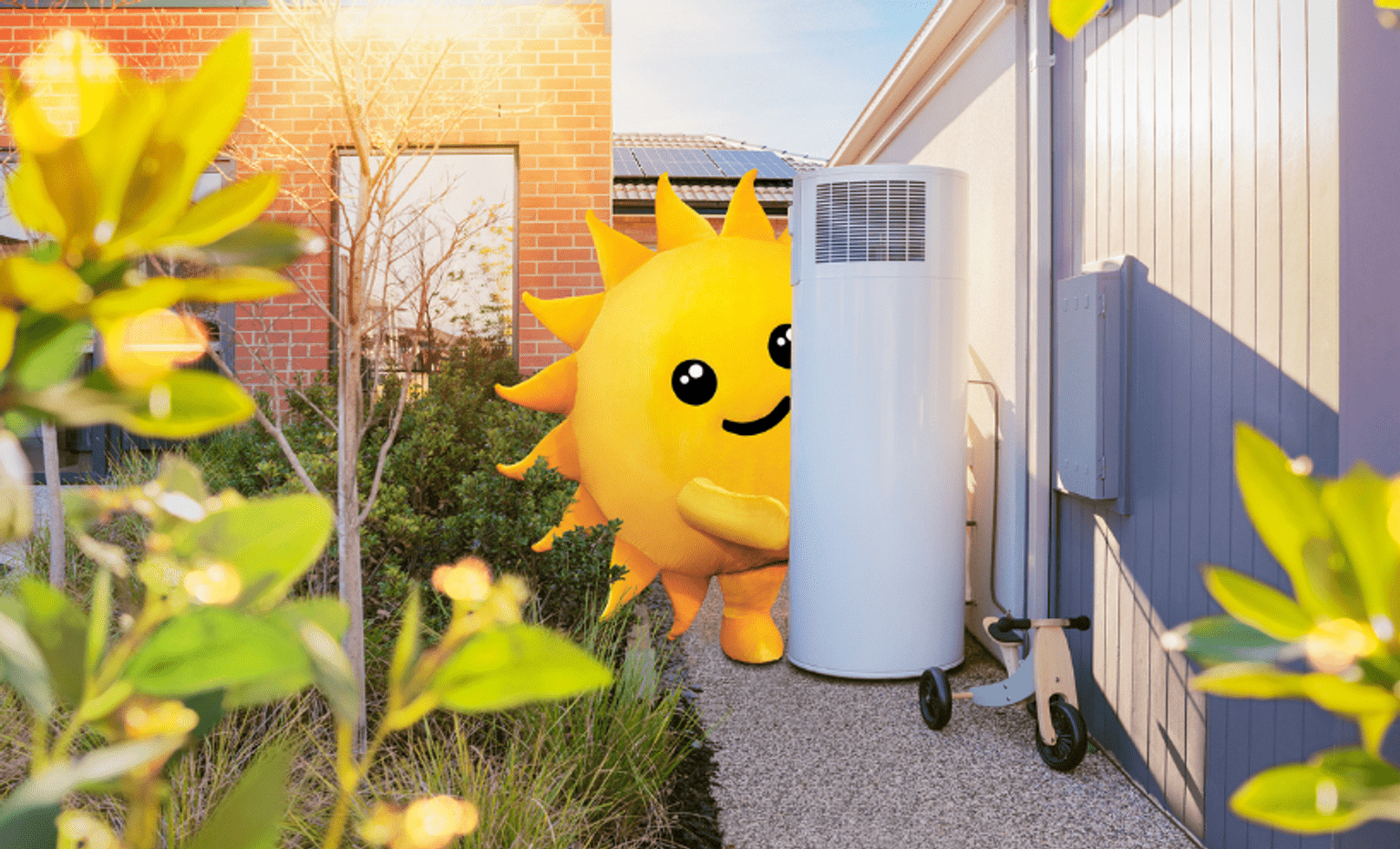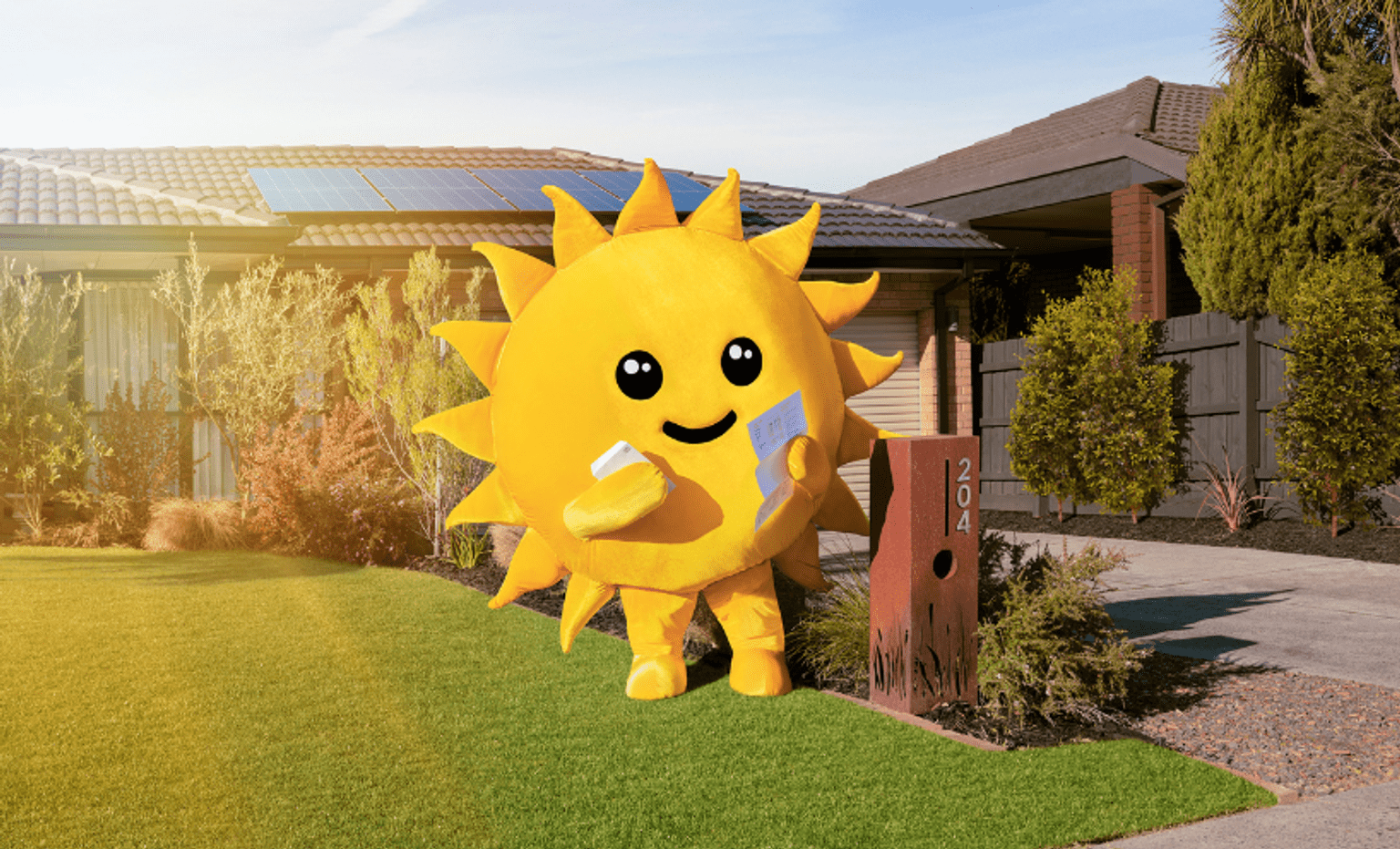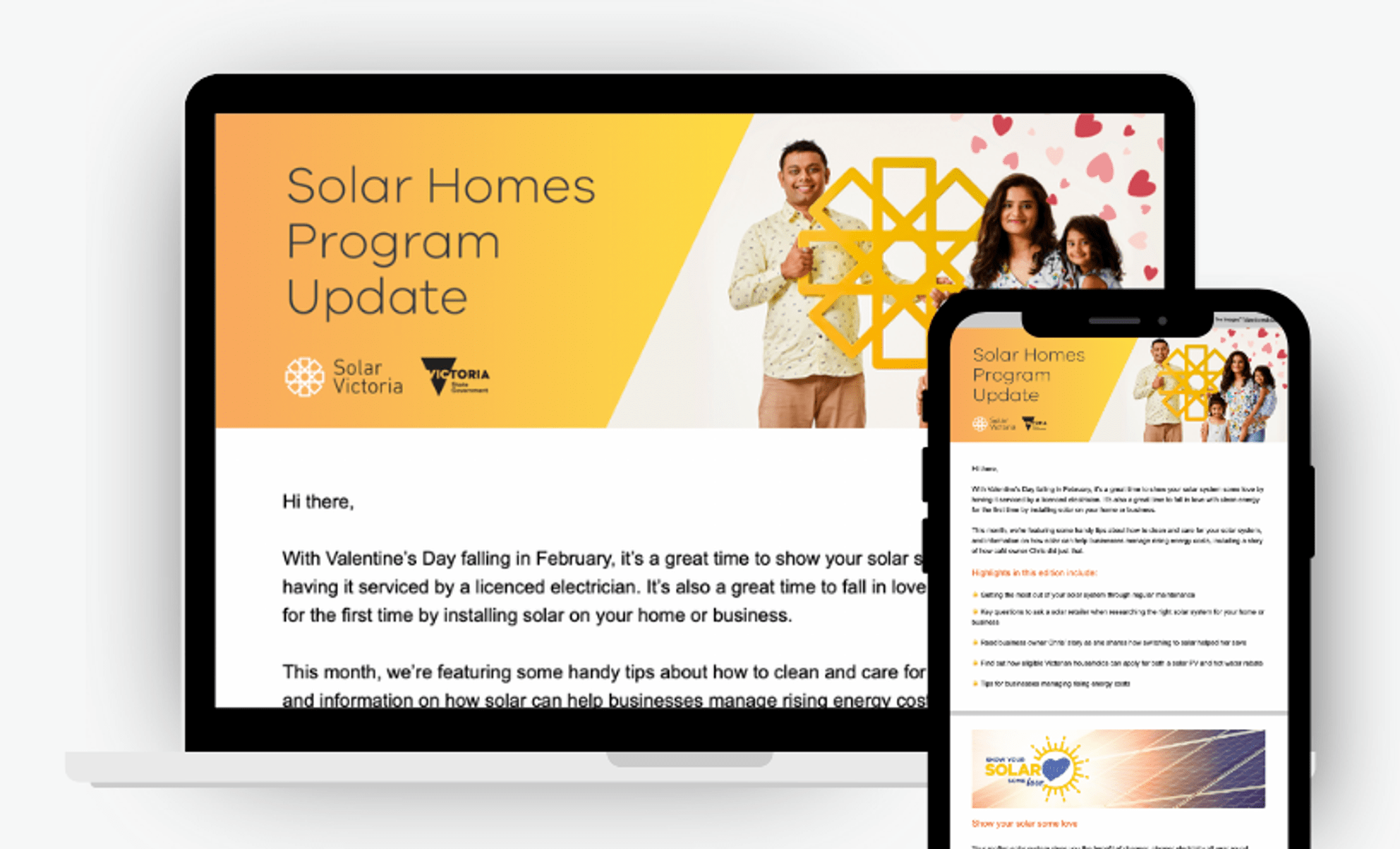If you've just installed a heat pump hot water system at home, and you already have a solar PV system installed, the heat pump should run when your rooftop system is generating the most solar electricity. This can also improve the heat pump system's efficiency due to the higher ambient temperature.
Many heat pump water heaters have built-in timers (often called ‘solar ready’). If this isn't the case for you, install a timer on your switchboard, as heat pumps (like all-electric water heaters) have their own hard-wired electrical circuit. Your electrician can supply and fit a suitable digital timer.
If you don't have a solar PV system at home, but you're on a time-of-use or flexible tariff, you could benefit from using a timer with your heat pump hot water system so that it only runs during off-peak periods, making it cheaper to run. However, these systems use more energy when the outside temperature is colder, so any savings from running it overnight will depend on how much extra energy it uses, and how much cheaper the tariff is at the time.

Hot Water Buyers Guide
Use this guide to help you plan the right hot water system for your home. It includes the types of hot water systems available and factors to consider when making a purchase.
If you've installed a solar hot water system instead, try to shift hot water use to the morning where practical. This means showers in the morning and possibly putting on a load of washing, as well as the dishwasher, (if they have a hot water input) before heading out.
This way the sun has the first go at heating the water before the booster kicks in at night. If the sun has done its job well, the booster may not be required. Other patterns can work well depending on the number of people in the house, the size of the tank, the type of boosting used and whether it is controlled by a timer.
A bit of trial-and-error around usage time for your solar PV or new hot water system will help you find what works to lower your energy use and bills for years to come.
Updated




